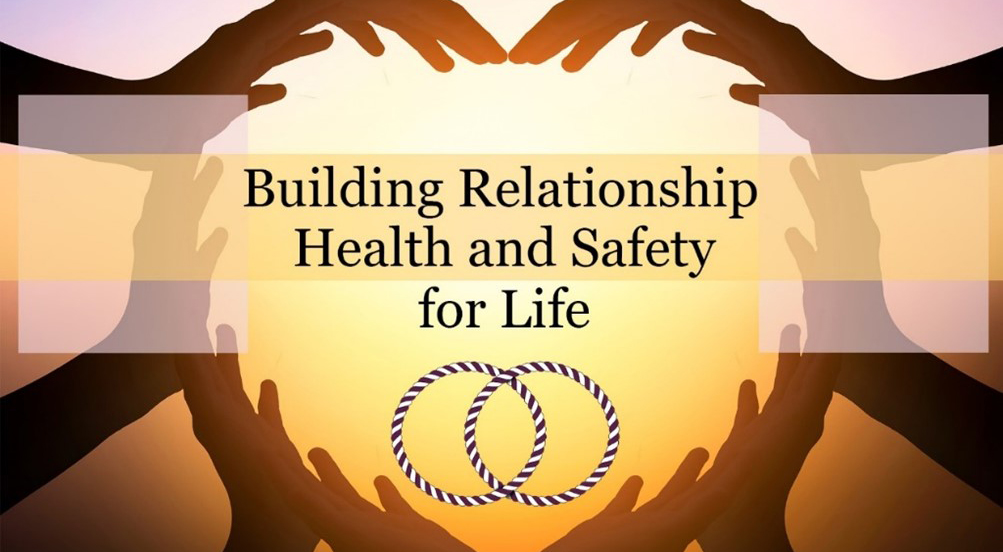In the United States, about 1 in 3 women and 1 in 4 men report experiencing intimate partner violence (IPV). Research suggests that the Veteran population is twice as likely to experience IPV compared to the general population.
IPV is a significant and preventable health concern for Veterans, their partners and VA staff. Learning healthy relationship skills is key to building relationship wellness throughout your life.
October is National Domestic Violence Awareness Month. The VA Intimate Partner Violence Assistance Program (IPVAP) theme is “Building Relationship Health And Safety For Life,” highlighting the importance of promoting healthy relationships across the lifespan.
What is IPV?
IPV is a specific type of violence that refers to physical, verbal, emotional and sexual abuse, as well as stalking, between intimate partners.
An intimate partner can include anyone with whom you have an intimate relationship. This includes current or former spouses, romantic, dating or sexual partners. Intimate partners may or may not live together or be sexually intimate.
Recognize the signs of an unhealthy relationship
Research from the Harvard Study of Adult Development shows that the quality of your relationships matters and living in chaos is bad for your health. Some signs of an unhealthy relationship include:
- Lack of trust and communication
- Not being considerate of a partner’s feelings
- Ignoring boundaries
- Unequal access to income, employment or resources
It’s important to recognize unhealthy relationship signs, as these behaviors can escalate into violence. Signs of escalation may include:
- Insults and demeaning comments
- Isolation from family and friends
- Preventing independent decision-making
- Intimidation through looks or actions
- Pressure to engage in sex or sexual acts, and exerting economic control
Benefits of healthy relationships
Research shows that healthy relationships can improve physical health, decrease stress, improve healthy lifestyle choices and increase longevity. Partners can build healthy relationship skills in a safe and respectful environment.
Signs of a healthy intimate relationship include:
- Physical safety
- Individual autonomy
- Sexual respectfulness
- Making shared decisions
- Respectful listening
- Respectful humor
Developing supportive and connected relationships is an important protective factor for everyone’s physical and mental health. It is a lifelong journey to build and enhance intimate relationships. Unhealthy behaviors must be addressed to cultivate healthy relationships. Often, unhealthy behaviors are learned and can be unlearned with the right support to achieve greater relationship satisfaction.
For those impacted by IPV, healing and growth are crucial to recovery. VA supports relationship wellness and is a confidential place to discuss questions, concerns or to seek assistance with relationship health and safety.
Get help
VA providers are available to counsel Veterans and their partners on developing and maintaining healthy relationships.
Contact your local IPVAP Coordinator or VA health care team to explore relationship health and wellness events.
Topics in this story
More Stories
Bob Jesse Award celebrates the achievements of a VA employee and a team or department that exemplifies innovative practices within VA.
The Medical Foster Home program offers Veterans an alternative to nursing homes.
Watch the Under Secretary for Health and a panel of experts discuss VA Health Connect tele-emergency care.







Does this apply to a 20 percent D.V. and in the state of Colorado?